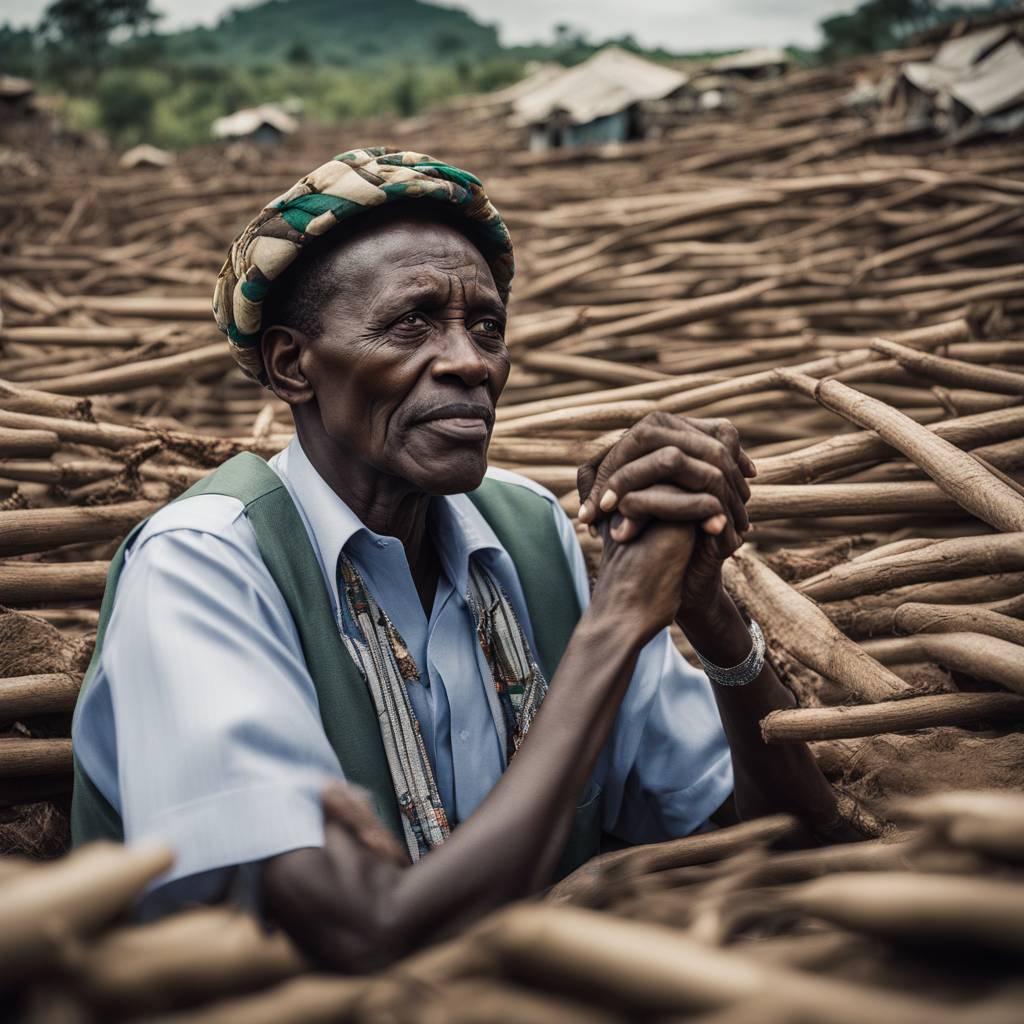Rwandan President Paul Kagame expressed concern over the failure of the U.S. to characterize the 1994 massacres in Rwanda as a genocide against the Tutsis. Many Rwandans criticized U.S. Secretary of State Antony Blinken for not specifying that the genocide targeted the Tutsis. Kagame stated that there was an agreement reached with U.S. authorities a decade ago for them not to criticize on the genocide anniversary. Rwandan authorities argue that any ambiguity on who the genocide victims were is an attempt to distort history and disrespect the memory of the victims. President Joe Biden issued a statement honoring the victims and survivors of the genocide and commending the efforts of Rwandans in reconciliation and justice efforts.
The question of how to memorialize the genocide arises from allegations that the Rwandan Patriotic Front carried out revenge killings during and after the genocide. Kagame has maintained that his forces showed restraint. The genocide was ignited by the shooting down of a plane carrying then-President Juvénal Habyarimana, leading to massacres led by Hutu extremists targeting Tutsis. The Rwandan government faces questions on how to present commemoration activities to acknowledge the efforts of some Hutus to protect their Tutsi neighbors. The government blames the international community for ignoring warnings about the killings, and some Western leaders have expressed regret for their lack of action during the genocide.
French President Emmanuel Macron recently acknowledged France’s overwhelming responsibility for failing to stop the genocide in Rwanda. Despite his friendly relations with Western leaders, Kagame faces growing pressure over Rwanda’s military involvement in eastern Congo and accusations of supporting armed groups. The U.S. urged Rwanda to withdraw its troops and missile systems from eastern Congo, with U.N. experts having “solid evidence” of Rwanda’s armed forces operating in support of rebel groups causing displacement in the region. Kagame stated that the rebels in eastern Congo, including the M23, are fighting for the rights of Congolese Tutsis.
Rwanda’s ethnic composition remains largely unchanged since 1994, with a Hutu majority, Tutsis accounting for 14%, and the Twa at 1% of the population. Kagame’s government has outlawed any form of organization along ethnic lines in efforts to build a uniform Rwandan identity, including removing ethnic identification from national ID cards and enforcing laws against denying the genocide. Critics argue that these laws are used to silence those questioning the government’s policies and efforts towards unity and reconciliation. Kagame continues to face criticism and scrutiny for Rwanda’s military involvement in eastern Congo and accusations of supporting rebel groups in the region.













